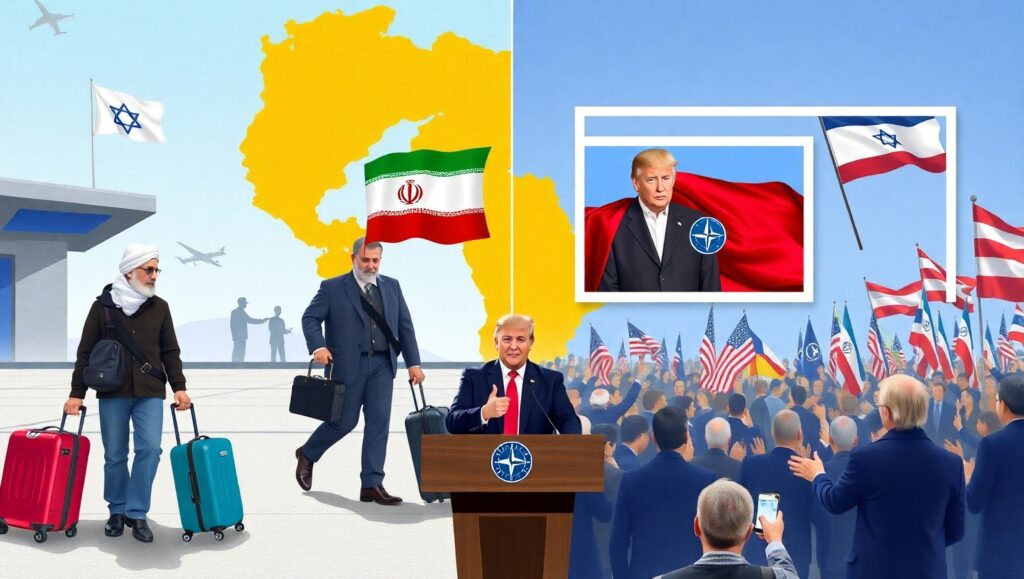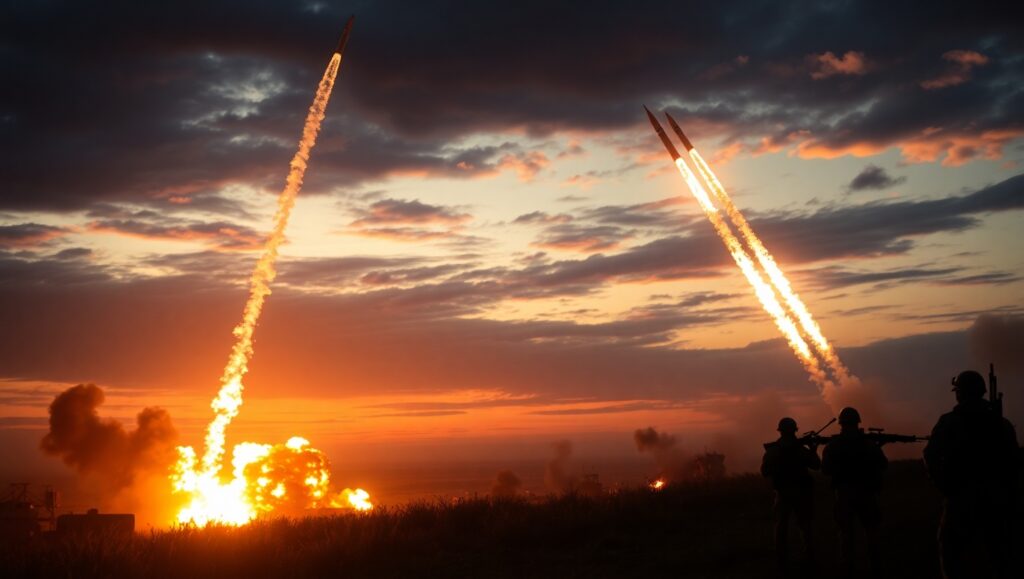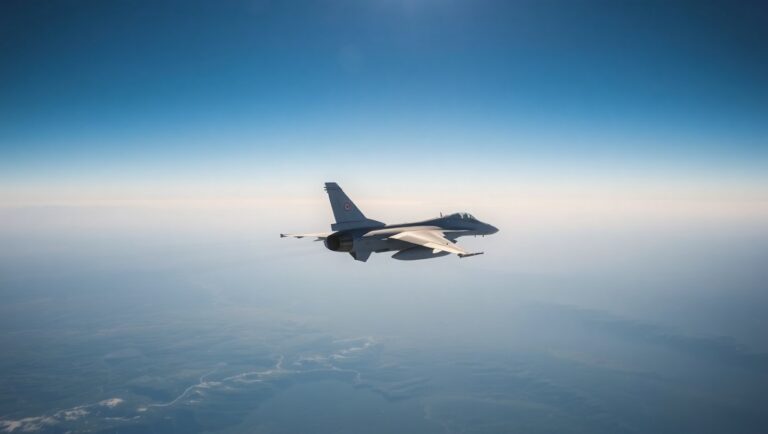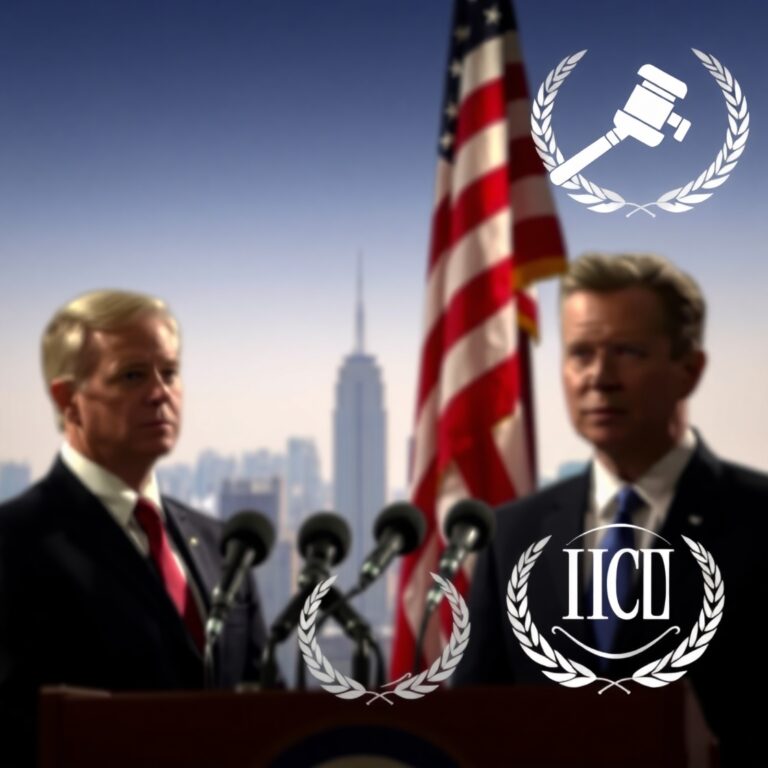
As the ceasefire between Israel and Iran entered its second day, U.S. President Donald Trump defended the effectiveness of American airstrikes.
He dismissed a preliminary, classified intelligence report that downplayed the damage caused to Iran’s nuclear infrastructure.
Trump insisted the strikes were successful and a critical part of the peace effort.The report, cited by anonymous officials, suggests Iran’s nuclear capabilities remain largely intact.
The report, cited by anonymous officials, suggests Iran’s nuclear capabilities remain largely intact.Trump, however, called such assessments “inaccurate” and politically motivated.He reaffirmed that the attacks were necessary to bring both Iran and Israel to the negotiating table.
Ceasefire Holds as Iran and Israel Return to Normalcy, Trump Defends Nuclear Strike Claims.

As the ceasefire between Israel and Iran entered its second day, both nations began returning to routine life after 12 days of intense conflict.Israel lifted emergency restrictions, reopened schools and workplaces, and Ben Gurion Airport near Tel Aviv prepared to resume full operations.In Tehran, citizens held victory rallies as the government declared resilience in the face of foreign strikes.
The war, which began on June 13 with Israeli strikes on Iran’s nuclear and military infrastructure, saw fierce retaliations from Tehran.Multiple missile exchanges and U.S. airstrikes on Iranian facilities marked the longest and most direct confrontation between the two nations to date.Despite the destruction, both countries have claimed victory and signaled support for maintaining the ceasefire.

President Donald Trump, speaking at the NATO summit in the Netherlands, dismissed reports suggesting the U.S. strikes only slightly delayed Iran’s nuclear program.He called a U.S. Defense Intelligence Agency assessment “very inconclusive” and insisted Iran’s nuclear capacity was “obliterated.”Trump also contradicted the U.N. nuclear watchdog, denying claims that Iran managed to secure enriched uranium before the strikes.
In Iran, President Masoud Pezeshkian praised the nation’s unity in a televised address and expressed readiness to resume international talks on Iran’s nuclear program.His comments, made during a phone call with the UAE’s leadership, hinted at a possible diplomatic path forward.Iran’s readiness for engagement follows what it calls a “resistance victory” against foreign military pressure.
Meanwhile, Israeli military chief Eyal Zamir announced the nation’s defense focus would now shift back to its operations in Gaza.While both sides appear to be stepping back from active warfare, international observers remain cautious as tensions continue to simmer beneath the surface.


